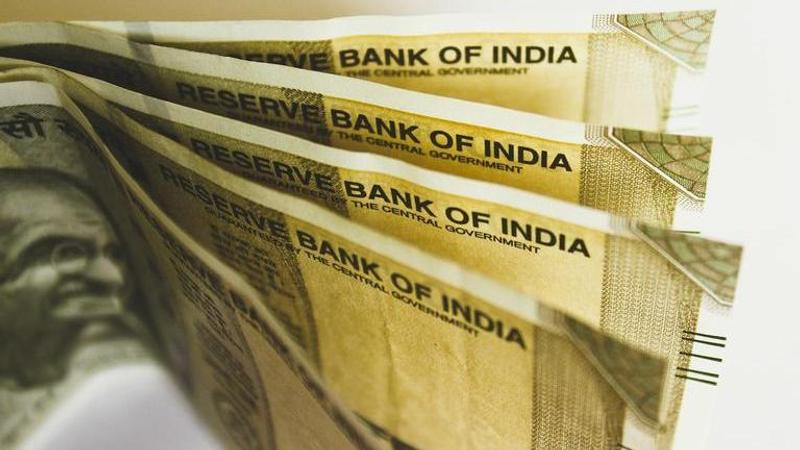Published 11:51 IST, August 10th 2023
RBI asks banks to set aside incremental cash reserve ratio
Banks shall maintain an incremental CRR of 10% on the rise in deposits between May 19 and July 28.

The Reserve Bank of India (RBI) asked Indian banks to set aside a larger share of incremental deposits under the Cash Reserve Ratio (CRR) on Thursday. The move is to tighten liquidity in the near term.
When will the move come into effect?
RBI Governor Shaktikanta Das said in the monetary policy announcement that Indian banks must maintain an incremental CRR of 10 per cent on the rise in deposits between May 19 and July 28. This would be in effect for the fortnight starting August 12.
Das said that the measure was temporary to absorb liquidity from the return of high-denomination notes, which was announced by the central bank in mid-May.
"This is purely a temporary measure for managing the liquidity overhang. Even after this temporary impounding, there will be adequate liquidity in the system to meet the credit needs of the economy," said Das.
The measure will be reviewed on September 8 or earlier to return the impounded funds to the banking system ahead of the festival season, Das said.
Liquidity surplus
The banking system's liquidity surplus averaged about Rs 2.5 lakh crore ($30.18 billion) in August, higher than 1.6 lakh crore rupees in July.
The central bank stopped conducting lower-durability variable-rate reverse repos after auctions were not fully subscribed about a month ago.
A trader with a private bank, on the condition of anonymity told Reuters, "Banks will have to maintain excess CRR for the next two fortnights, and that would lead to an immediate removal of some portion of the current surplus".
"The amount that could be withdrawn seems to be less than one trillion rupees," the trader added. The trader did not want to be named as he is not authorised to speak to the media.
(With Reuters inputs)
Updated 11:51 IST, August 10th 2023




